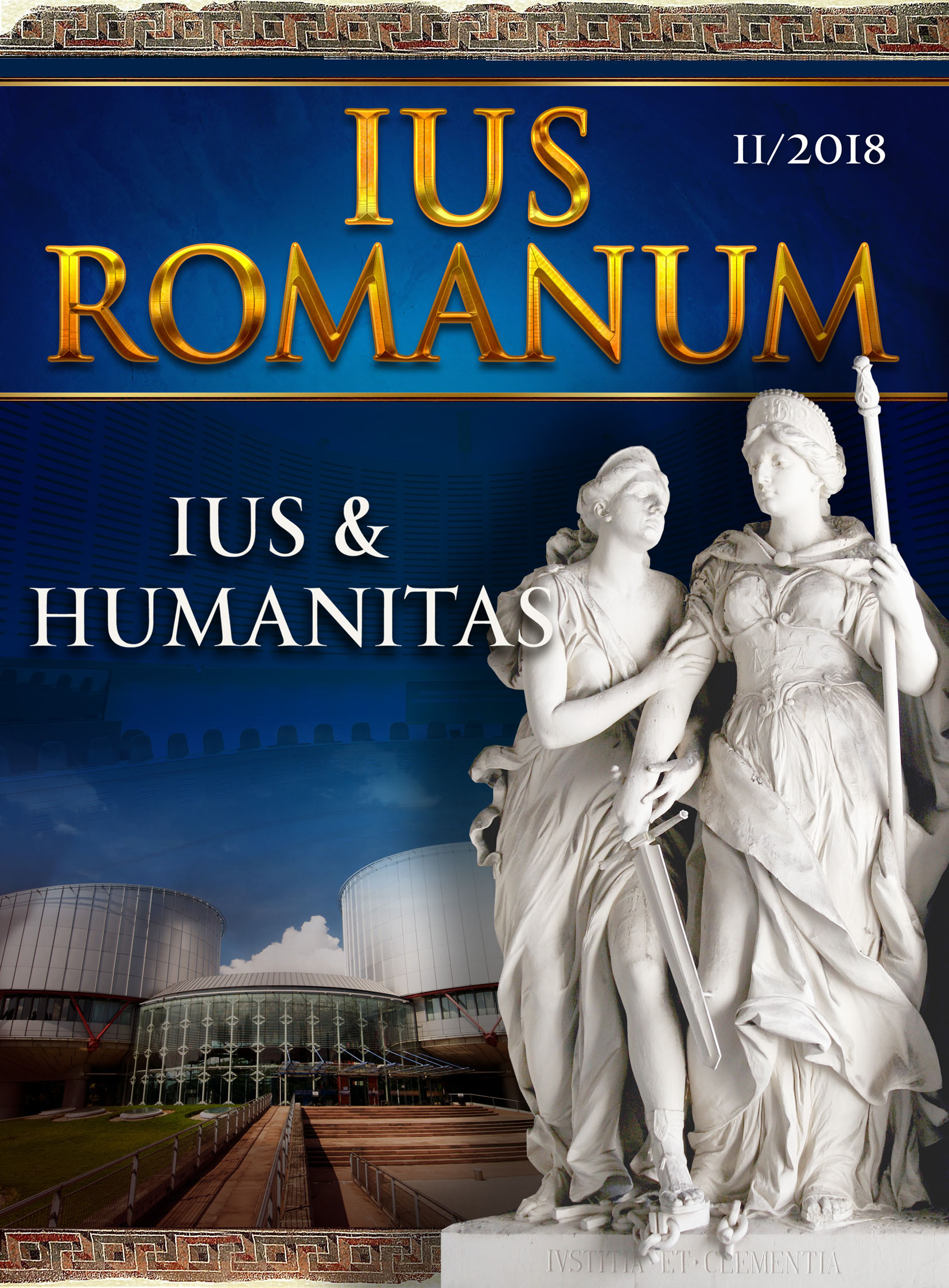APERTURA TESTAMENTI AND THE LEGAL CONSEQUENCES THEREOF IN THE ROMAN LAW
APERTURA TESTAMENTI AND THE LEGAL CONSEQUENCES THEREOF IN THE ROMAN LAW
Author(s): Vlado Buckovski, Esin Kranli BajramSubject(s): Law, Constitution, Jurisprudence, History of Law, Civil Law, EU-Legislation
Published by: Софийски университет »Св. Климент Охридски«
Keywords: Roman law; inheritance; testamentum; changes
Summary/Abstract: The issues concerning legal inheritance relations and their arrangement within the Roman legal system are quite topical in the world's Roman law literature. Even more so that amongst the solutions, clearly standing out in the primary and secondary Roman law sources, what can be found is an "inspiration" wherefrom the modern inheritance law has originated. The analysis displayed in this paper is focused on some of the basic legal consequences of reading the will or apertura testamenti, the final aim of which is to receive an inheritance. In this regard, the fundamental objective of this paper is to present the chronological order of the expected legal consequences and to provide a detailed elaboration thereof, known to ancient Romans as: delatio hereditatis, apertura testamenti, hereditas iacens, and aqusitio hereditatis. A short critical review has been intertwined within the text, accompanied by the presence of the aforementioned concepts in the modern legal inheritance systems. The concluding observations relating to the basic subject of interest, shed light on the indubitable contribution of the Roman law to the legal inheritance concepts over their modern counterparts, but simultaneously, it also explains the fact that inheritance law, in modern times, has undergone significant changes, conditioned by various socio-economic contexts, which explain why, at times, this law seems a bit different than the one we have inherited from ancient Rome.
Journal: IUS ROMANUM
- Issue Year: 2018
- Issue No: 2
- Page Range: 144-156
- Page Count: 13
- Language: English

